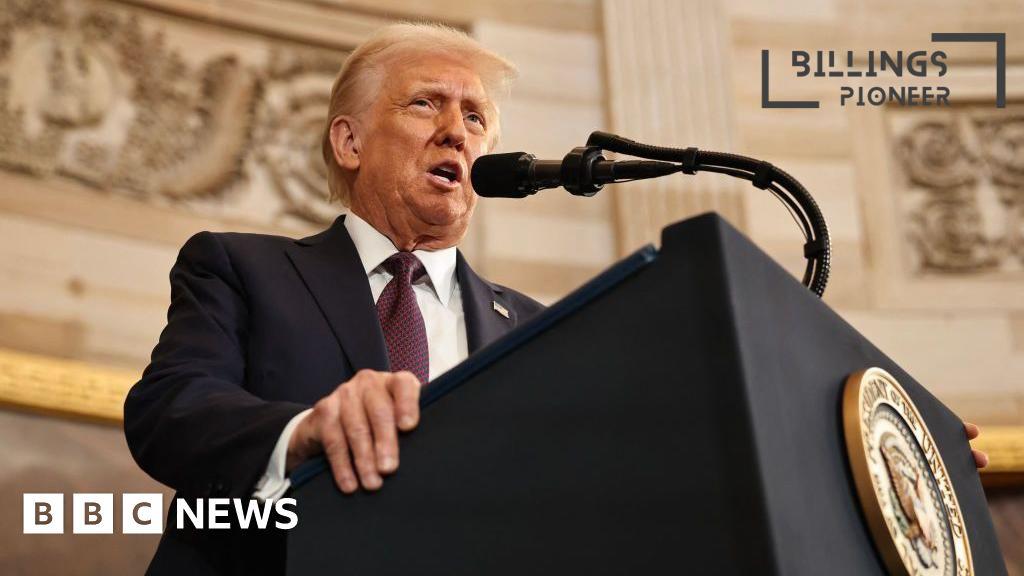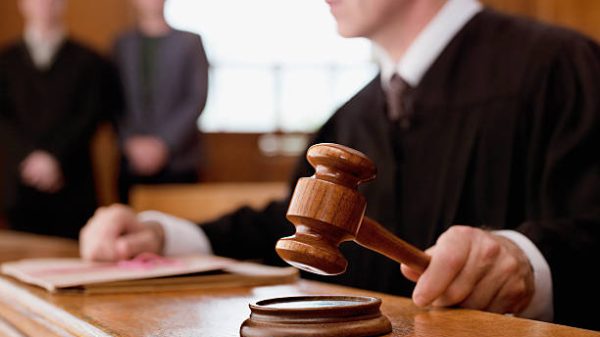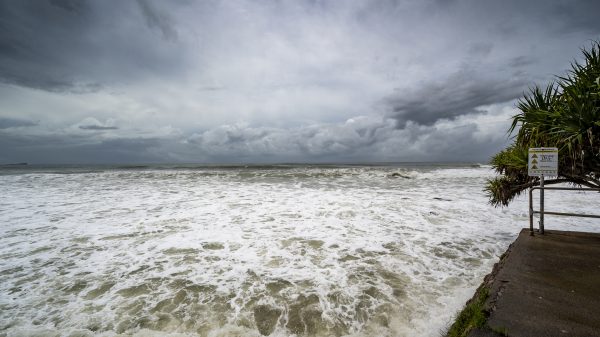In a decisive move that has stirred up quite a conversation across the country, President Donald Trump has recently signed an executive order aimed at altering the concept of birthright citizenship. This is a significant issue because it challenges a long-standing protection rooted in the 14th Amendment of the United States Constitution that grants citizenship to anyone born on American soil.
What is ‘birthright citizenship’?
Birthright citizenship, also known as *jus soli*, is a legal principle stating that any person born in the U.S. is automatically a citizen, regardless of their parents’ immigration status. This rule dates back to the 14th Amendment, which was ratified in 1868 to ensure that formerly enslaved people had the right to citizenship. The concept has undergone various interpretations over the years, particularly following the landmark Supreme Court case *Wong Kim Ark v. United States* in 1898, which affirmed the right to citizenship for those born in the U.S.
How did it start?
The idea of birthright citizenship can be traced back to the post-Civil War era, when there was a pressing need to protect the rights of newly freed individuals. The 14th Amendment was crafted to ensure that anyone born in the country could not be denied citizenship. Over the years, this law has benefited millions, offering a safe haven for children born to immigrant families who didn’t have legal status. This includes many families who came to the U.S. in search of a better life.
Can Trump overturn it?
Although Trump’s executive order directly challenges this principle, the road to implementing such a major change is rocky. Legal experts largely agree that a presidential order cannot unilaterally change constitutional rights. According to most interpretations, a constitutional amendment would be necessary, which is a lengthy process requiring supermajorities in both Congress and among state legislatures. It is also widely expected that this executive order will face significant legal challenges, with many groups already filing lawsuits, including the American Civil Liberties Union (ACLU).
How many people would it impact?
Should this order move forward, it could affect millions of people in the U.S. In 2016 alone, approximately 250,000 babies were born to unauthorized immigrant parents. If the order were to eliminate birthright citizenship, the number of unauthorized immigrants could potentially rise to 4.7 million by the year 2050, which poses a complicated issue for families across the nation. The personal impact is profound; many children could be separated from their parents, complicating family dynamics and stability.
What countries have it?
Birthright citizenship is not unique to the United States; several other countries also practice this principle. Nations like Canada, Brazil, and many in the Caribbean offer similar protections, allowing anyone born on their soil to gain citizenship. The debate surrounding birthright citizenship has ignited conversations in those countries, too, as they consider the implications of their own policies. Understanding how different countries handle this topic gives us a broader look at immigration and citizenship issues worldwide.
| Country | Birthright Citizenship Policy |
|---|---|
| United States | Birthright citizenship for those born on U.S. soil. |
| Canada | Similar practice; all born in Canada are citizens. |
| Brazil | All children born in Brazil are entitled to citizenship. |
| United Kingdom | Born in the UK to parents with specific immigration status may gain citizenship. |
| Australia | Generally offers citizenship to anyone born in Australia, with exceptions. |
As the discussion regarding Trump’s executive order unfolds, many are asking what this means not just for current citizens but for future generations. The implications of such a policy change could affect the very fabric of American society, fundamentally altering the definition of who belongs.











